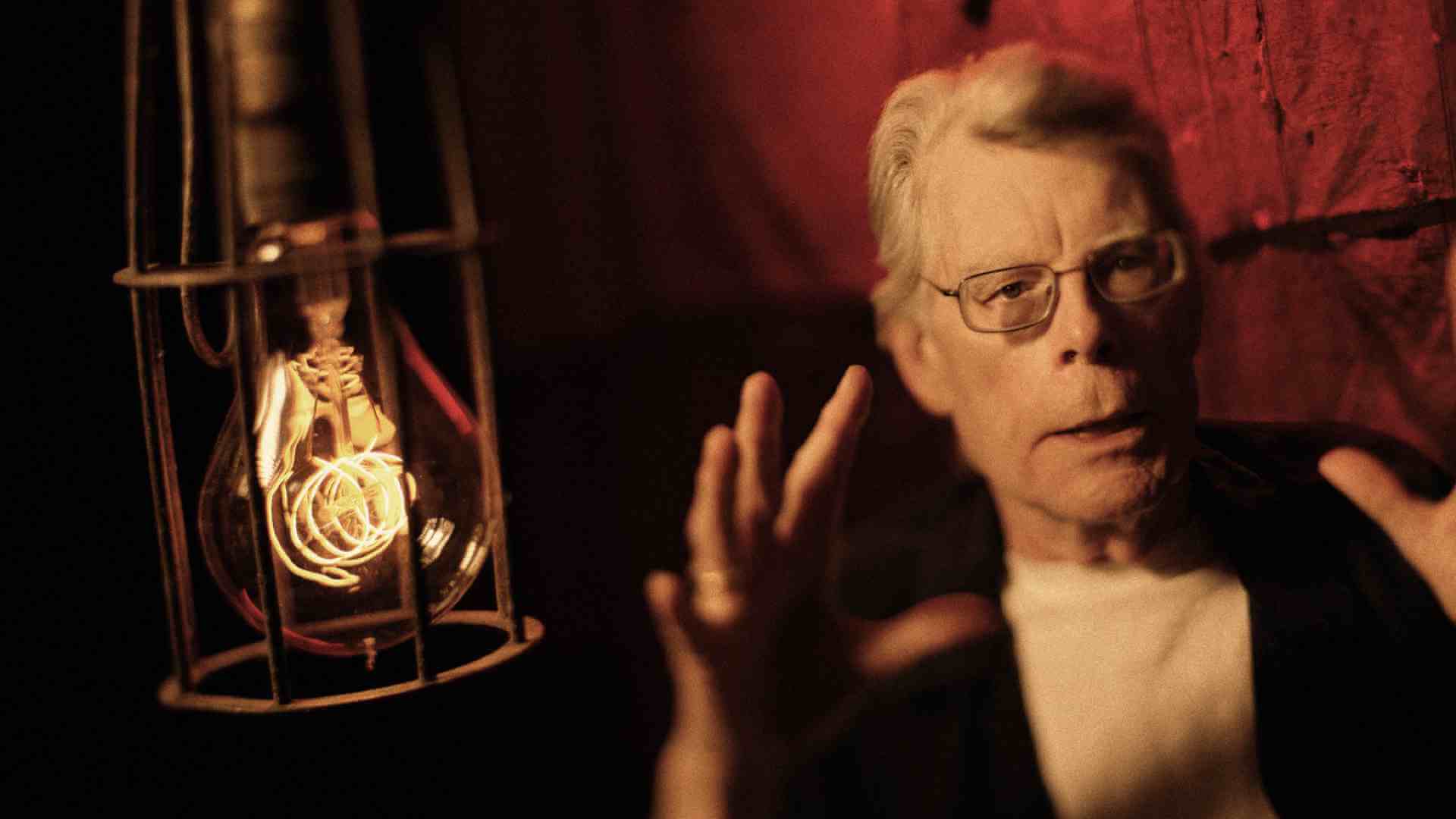Chain Reactions arms film criticism with a chainsaw
Five interviewees give The Texas Chain Saw Massacre the autopsy it deserves.
Photo: Dark Sky Films
Anyone who cares even a little bit about film criticism, meaning anyone who’s reading this, an essay from the Film Editor of The A.V. Club, has a notion of its vulnerable current state. In my home of Chicago, newspaper subscribers are now without a full-time film critic after Richard Roeper took a buyout from the Sun-Times and Michael Phillips did the same at the Tribune. Across the country, across its most visible and respected publications, the people who get to invite their readers to think more deeply about one of our most popular forms of art are being unceremoniously fired. As many in my field have already written, it’s not for the normal reasons people lose their jobs. Film reviews from people who know what they’re doing haven’t gotten worse, nor has the appetite for them among moviegoers declined. Rather, studios have figured out that they can simply pay influencers for signal boosts to drown out voices that aren’t bought and paid for, while publications have determined that it’s actually a lot easier to sell ads to media monopolies when you’re not employing someone whose job often involves cutting through their bullshit.
This isn’t only a crass capitulation to our increasingly evil corporate overlords, but a disservice to audiences that either yearn for depth or don’t yet know that they do—people who might never discover their passion without a cinematic shepherd. And yet, the profession comes under increased fire at the same time a serendipitous release makes an undeniable case for its value: Chain Reactions, a feature-length piece of film criticism slicing into the meat of one of the most famous horror movies ever made, The Texas Chain Saw Massacre.
Five interlocking video essays from Alexandre O. Philippe (Lynch/Oz, 78/52) juxtapose the personal angles and insights of its interviewees—comedian Patton Oswalt, filmmakers Takashi Miike and Karyn Kusama, critic Alexandra Heller-Nicholas, and author Stephen King—with harrowing images from Tobe Hooper’s grisly, sunbaked, rural mania. Less stretched-thin than some of Philippe’s other film examinations (like the Alien deep-dive Memory), Chain Reactions discards behind-the-scenes trivia or scenic breakdowns for the specific preoccupations of its subjects. It’s this more humble and personal approach that gives the documentary an accessible, conversational atmosphere, like these five people were shooting the shit in the lobby of an indie theater after a rep screening of TCSM. Like the best film criticism, it uses a movie as an instrument to push your brain in a new direction, to invite you into their world, and to understand that we all see something different even when watching the same thing.
Maybe the best way to advocate for the value of this quintet sharing their experiences with Texas Chain Saw is to share my own. When I was an 11-year-old living just north of Dallas, making regular trips out into the scrap-metal-in-the-yard boonies to visit my more hickish relatives, I got invited to a sleepover. It was hosted by a girl whose parents offered to put a movie on the living room TV while our rowdy bunch of tweens waited for the pizza to arrive. I don’t remember it turning on, I don’t remember it starting up, I only remember the screaming. Those closest to the TV started it, and as the Red Sea of traumatized children parted away from the screen, I caught enough viscera—in a locale familiar enough that, at any second, it might reveal my Boomhauer-voiced uncle spitting into a can—that I had bolted to join the line forming in front of the telephone, now a hotline for moms and dads to come pick us up. I think my host’s parents just decided they didn’t actually want a bunch of kids in their house all night.
 Keep scrolling for more great stories.
Keep scrolling for more great stories.
